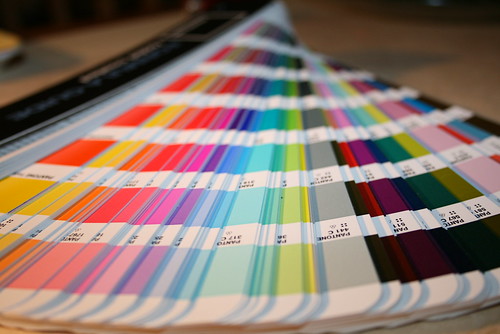 Adjectives are words we use to describe a noun. They usually come before it:
Adjectives are words we use to describe a noun. They usually come before it:
{1 or more adjectives} + {noun}
big, red, boring book
The noun in this phrase is book and the adjectives tell us what size it is (big), what color it is (red) and what we think of it (boring). Note that adjectives don’t always give a value or physical description of a noun (as above). Sometimes they are used to clarify quantity in nouns:
Look at those people!
Have you got any money?
Form
Unlike in many other languages, in English adjectives never change their form; they are always the same whether they are talking about masculine, feminine or neuter nouns or singular and plural nouns:
the ugly woman and the ugly man
the ugly football team and the ugly goalkeeper
the ugly dog and the ugly scenery
However, the adjective order is important and also their position, too.
Types of Adjectives
Adjectives can be sorted into different groups according to how they function and what they do in the phrase.
Possessive Adjectives
These show possession (ownership) of a noun.
my book, their party, your problem…
For more on this, see the main article, Possessive Adjectives.
Demonstrative Adjectives
These adjectives specify (or, if you like, demonstrate) which nouns we are talking about:
this house, these people, that book, those cars…
For more on this, see the main article, Demonstrative Adjectives.
Indefinite Adjectives
These adjectives refer to a non-specific (i.e. indefinite) number of nouns:
some people, any money, several occasions, every time…
For more on this, see the main article, Indefinite Adjectives.
Interrogative Adjectives
These help to define which noun we are talking about:
what time, which film, whose bag…
For more on this, see the main article, Interrogative Adjectives.
Cardinal & Ordinal Adjectives
These count the nouns or specify their position within a series:
five people, two fish, one hundred million dollars…
the fifth person, the second fish, the one hundredth million dollar…
For more on this, see the main article, Cardinal & Ordinal Adjectives.
Adjective Position
Adjectives usually come before the noun:
It is a big dog.
These are called attributive adjectives.
However, in some cases they can come after the noun they describe but in these cases they must follow a verb:
The dog is big.
These are called predicative adjectives.
For more on this, see the main article Adjective Position.
photo credit: Pantone formula guide (license)



0 Comments